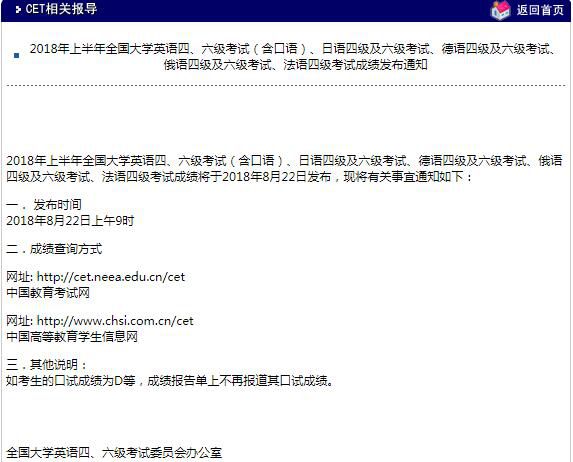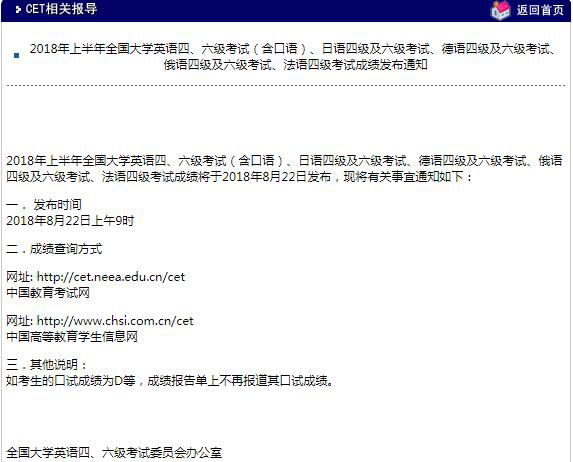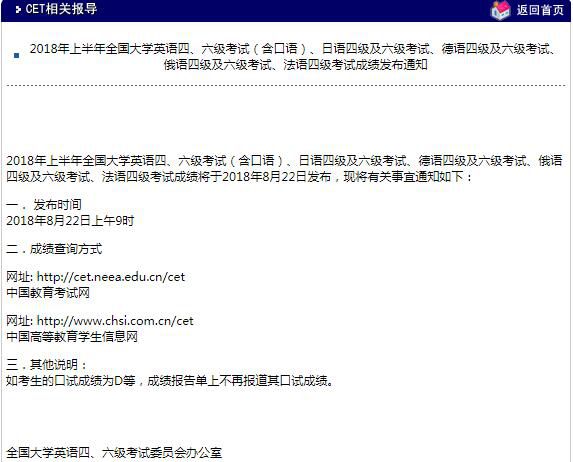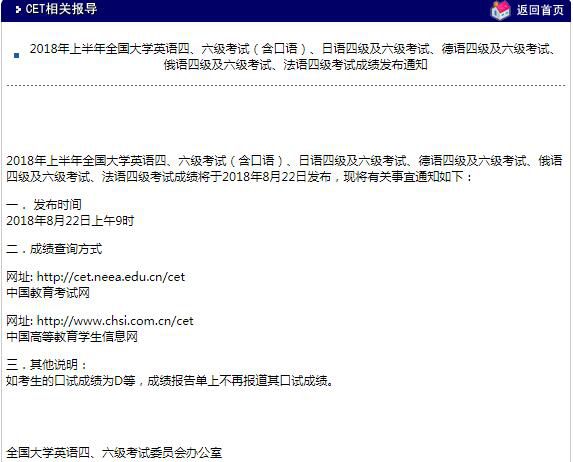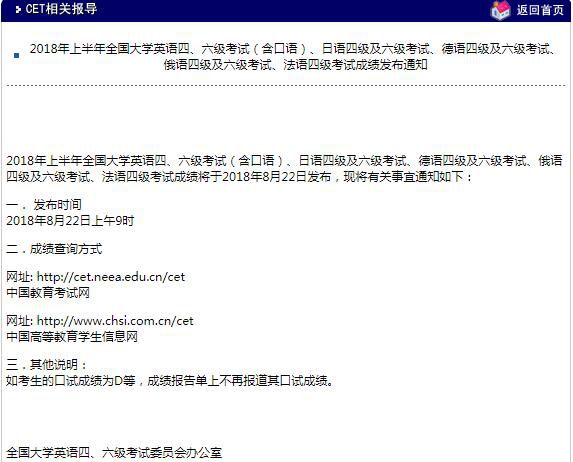Exporters get sops to fight crisis
|
The government has raised tax rebates for more than 600 export items, some up to the maximum level possible, as it stepped up efforts to provide succor to businesses battling the global economic slowdown. The Ministry of Finance said yesterday that it had increased tax rebates ranging from 5 to 17 percent on export products, including ethanol, toys and sewing machines, effective June 1. The export tax rebate scheme allows enterprises to get back part or all of the money they have paid in value-added tax, which stands at up to 17 percent, for items that have gone into the production of export goods. But the latest rise in rebates effectively scraps the taxation on certain products, such as sewing machines and television transmission equipment. This is the seventh time that the government has raised tax rebates for exporters since last August, when overseas demand began to shrink sharply due to the global financial crisis. In the first four months this year, exports dropped 20.5 percent from a year earlier to $337.4 billion, while imports plunged 28.7 percent to $261.99 billion. "The tax incentives have been effective in the last few months," Li Jianfeng, analyst with Shanghai Securities Co Ltd said. "Export volumes of some labor-intensive products have started to pick up on a month-to-month basis and the decline in overall trade has slowed recently." However, Li said the pick-up in several export sectors is due largely to the gradual revival in demand and consumers' preference for low-cost Chinese goods at a time of economic difficulty. "Demand, rather than a cut of a few percentage points in costs, holds the key to the recovery of exports," Li said. A State Council meeting presided by Premier Wen Jiabao on May 27 said shrinking external demand would remain "the biggest difficulty" facing the economy, and the government promised to offer incentives, including tax breaks and credit support, to prop up the sector. The government has also extended more than 6 trillion yuan ($878 billion) in loans in the recent half year to aid small- and medium-sized companies to expand into the international markets and establish distribution channels in emerging markets. "The incentives can only help to mitigate the sharp decline," said Mei Xinyu, a researcher with the Chinese Academy of International Trade and Economic Cooperation affiliated to the Ministry of Commerce. "We have to accept the fact that global demand for Chinese exports will be much smaller in the coming years." Chinese exports have grown briskly over the past years, thanks largely to the consumption binge in the US and other developed economies. But some analysts cautioned that US consumers might become thriftier after the financial crisis, which means dented demand for Chinese goods in the long run. The latest sign came on June 1, as the US Commerce Department reported that Americans' personal savings rate climbed to 5.7 percent in April, the highest level in 14 years. For Chinese exporters, that translates into a very clear message: "The old good days of blistering export growth may be over," Mei said. #1 How many export items has the government raised tax rebates for to provide succor to businesses battling the global economic slowdown? More than 600 #2 From which area of expenditure does the export tax rebate scheme allow enterprises to get back part or all of the money from? For items that have gone into the production of export goods #3 According to Li Jianfeng, an analyst with Shanghai Securities Co Ltd, what is the key to the recovery of exports? Demand |

